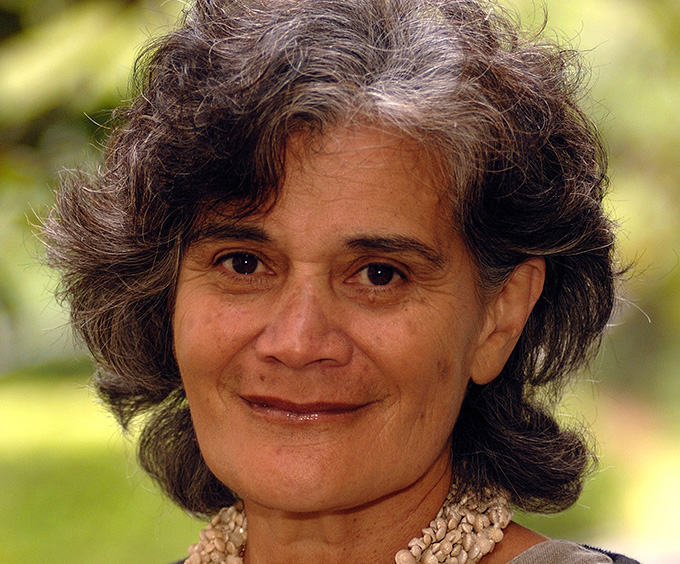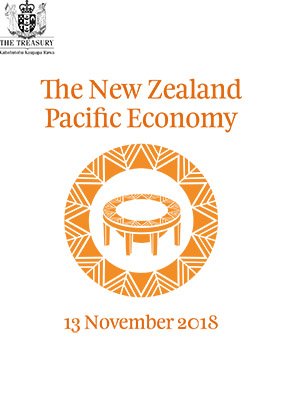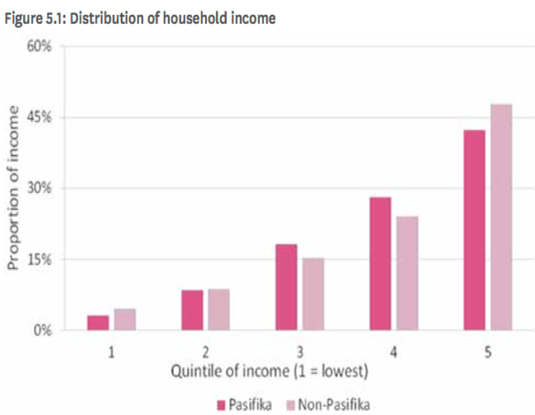
By Rahul Bhattarai
The Pacific community has contributed immensely to New Zealand’s economy – but that isn’t the only contribution, says a leading development studies academic.
Dr Crosby Walsh, founding professor of development studies at Massey University and at the University of the South Pacific – and a blogger on Pacific issues, was commenting about some perceived shortcomings of a new report on the Pacific’s contribution to the New Zealand economy.
The Pacific community has contributed $48.4 billion, reports the New Zealand Pacific Economy document published by the treasury last week.
READ MORE: Community input key to the new report

“Our censuses allow people to declare more than one ethnicity, thus, the footballer Reiko Ioane played for the Māori All Blacks,” said Dr Walsh.
This report was prepared to identify and define the economic footprint of the Pacific community within New Zealand’s economy.
Although the statistics show the contribution of the entire Pacific community to the New Zealand economy, it is unwise to “lump all [Pacific communities] together with a single identity,” said Dr Walsh.
“Their contributions vary. For example, Cook Islanders in the orchards of Hawkes Bay; Tokelauans in forestry in Tokorua and car assembly in Lower Hutt,” said Dr Walsh, who publishes Croz Walsh’s blog on the Pacific.
Challenging formulas
This research, funded by the Treasury and the Pacific Business Trust, was welcomed by Tagaloatele Professor Peggy Fairborn-Dunlop, professor emeritus at Auckland University of Technology.
“This publication is groundbreaking in its revisioning and challenging of commonly used formulas of economic and economic contribution,” said Tagaloatele.
“In doing so, the data has set a comprehensive and really realistic picture of Pacific people’s significant actual contribution to the New Zealand economy but also – and very importantly – what Pacific peoples believe to be important in life, such as social capital,” she said.
“We have a strength -based platform to go forward. I strongly congratulate the Treasury on their boldness in setting these new baselines and directions,” said Tagaloatele.
Low income
About 310,000 Pacific New Zealanders living in the country residing primarily in Auckland, says the new report.

More than 163,000 Pacific employers and employees contribute $6.6 billion into the New Zealand economy, or six percent of the total economy, but with an unequal spread in individual pay.
An average individual income of $40,300 contrasted with an average income of $53,500 of non-Pacific New Zealanders, said the report.
There was a huge inequality in the highest paying job sector but the wages were consistently in the low paid or unskilled jobs.
The highest paying job was in the mining sector for all New Zealanders, the report said, yet, the non pacific people earned an average of $104,900 in contrast to $69,000 of Pacific Islanders.
In the lowest paying industry (accommodation and food services industries), the pay scale for all New Zealanders was the same, averaging about $25,000.
Tertiary education
“Often this work is low or unskilled,” said the report. But in order to combat the low wages, it is important that increasing tertiary education qualifications of young Pacific will enable growing income levels and wealth creation.
As cited in Beehive, “Improving Pacific people’s education success will lead to increased employment, higher incomes, home ownership and overall health and wellbeing for all our people,” said ‘Aupito William Sio, Labour MP and Minister for Pacific Peoples.
The income from the 101,000 Pacific households contributes $12 billion into the economy with an average of $119,000 in comparison to 114,000 to non-Pacific.
The Pacific community also pumped $8 billion dollars into the gross domestic product (GDP) as an income from various fields either by working as employees or employers across a range of sectors in both Pacific and non-Pacific enterprises.
Their contribution to production GDP is $3.1 billion whereas the contribution to expenditure GDP is $10.4 billion.
The total contribution is $48.4 billion.
And the Pacific community spent 27,000 hours a week involved in an unpaid voluntary labour.
The report said that the “Pacific religious organisations (churches) hold over $500 million in assets” and these operations relied on 27,000 Pacific volunteers a week.












































